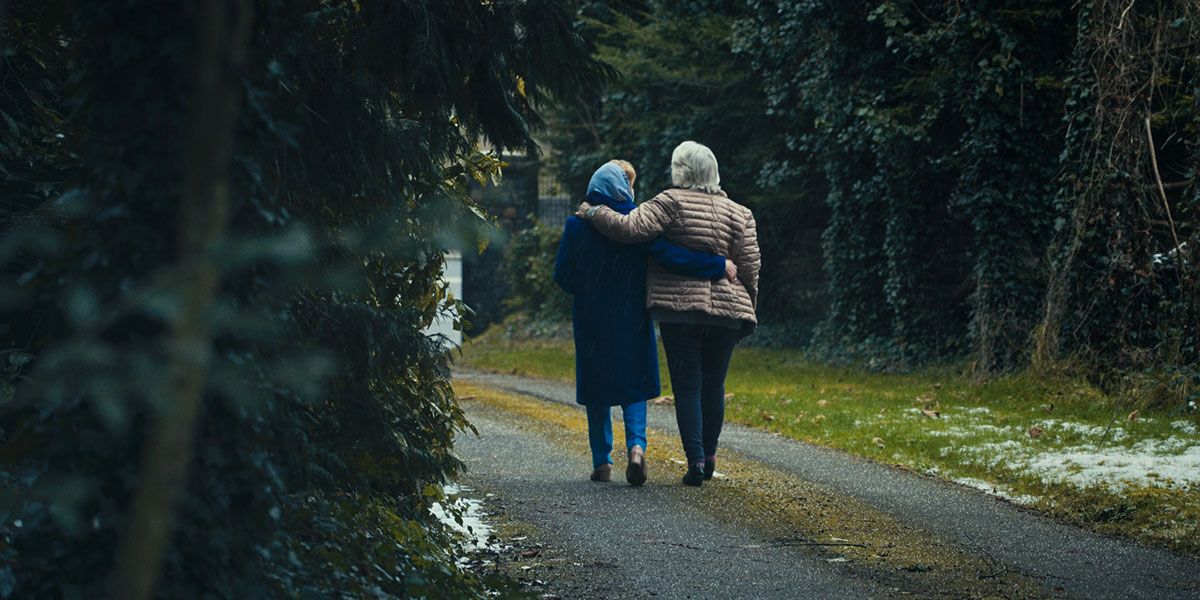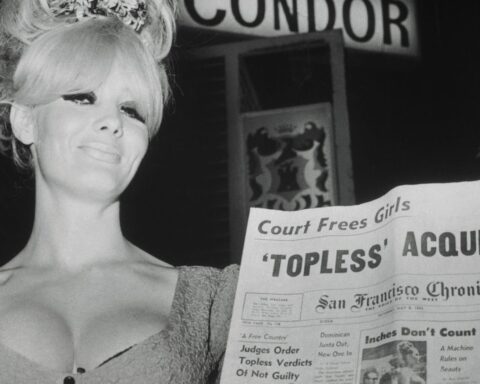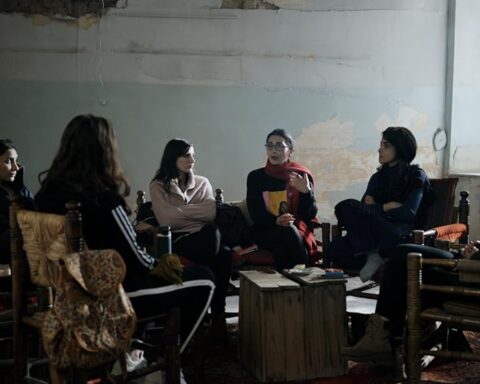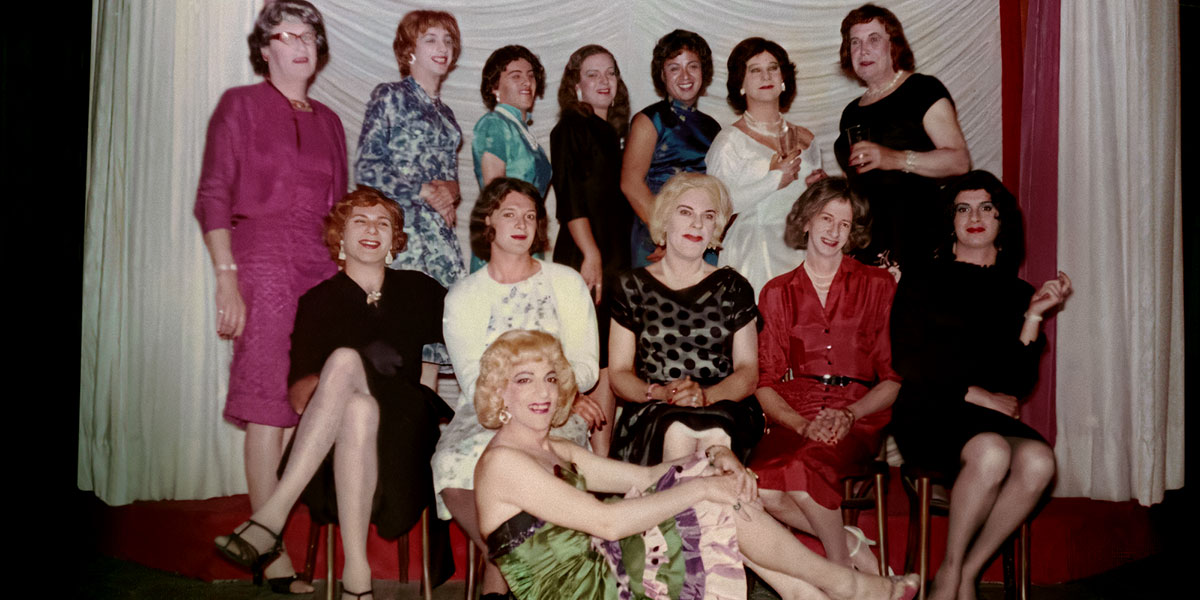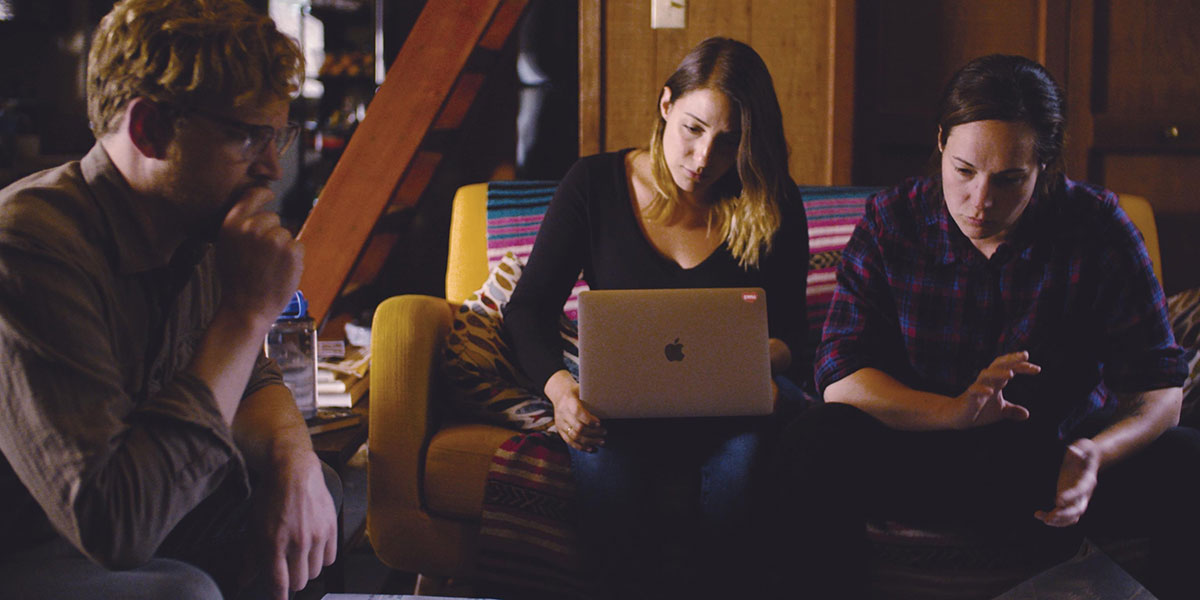Pray for Our Sinners
(Ireland, 81 min.)
Dir. Sinéad O’Shea
Programme: TIFF Docs
You’d expect an investigation into abuse at the hands of the Irish Catholic Church to be upsetting, but this one manages to take your breath away without dealing in any way with sexual abuse. Director Sinéad O’Shea puts the focus exclusively on brutal corporal punishment inside the classroom and the mother and baby homes where unwed pregnant women were compelled to give birth.
To do her research and to give the film a personal element, she goes back to her small home town of Navan near Dublin. There she hears the stories of children being beaten with rubber hoses for not getting their lessons right, descriptions of painful births in which women are forced to stop screaming—“You deserve this pain,” insist their so-called caregivers—and of the devastation of having their babies stolen from them to be put up for adoption.
But this film is not unremittingly grim, thanks to O’Shea’s strategy of choosing for her main subjects people who courageously resisted. Among them are Mary who, with her husband Patrick, ran a clinic in the 1970s and ‘80s through which they saved pregnant women from the Catholic institutions. Mary is O’Shea’s guide to the history and to other women who fought back against the dominating institutions. Two of them, after having their babies taken away from them, managed to get their children returned to them, largely, it seems because Church leaders didn’t know how to cope with anyone who didn’t just do as they were told.
O’Shea uncovers the way Catholics were trained to think of their priests as instruments of God. They were all-seeing, thanks to their privileged positions of hearing all of their parishioners’ problems both inside and outside of communion. Their congregants came to them for advice and they were the ones who steered pregnant women into the mother and baby homes. In small towns, resistance was met with shunning from the community and unwed pregnancy was relentless shamed. The Church was all-powerful.
The fact that anyone fought back is astounding. But a few, like Ethna one of the women who got her baby back, did. And so did Norman and other children who were encouraged by the likes of Patrick Randles to tell their story. Norman’s mother had come to him after he was beaten for using his left hand to write. Typical of the compliant town, she sought a doctor’s note, asking that Norman be beaten on his good hand not his bad one, but the doctor would have none of it and went on a campaign to end corporal punishment in schools altogether. Part of his strategy was to bring the stories of abuse out into the open. But it was only when NBC-TV reported on the scandal that the movement gained traction. Physical punishment in schools was eventually banned in 1984. But Norman paid the price long before that and was forced to leave school.
When O’Shea taps into these kinds of stories, Sinners stays on solid ground. But it wavers a bit later in the film when she tries to investigate some of the complexities of the situation: her struggles challenging her faith and the complicated character of one Father Farrell, the charismatic priest who founded the town’s credit union and its daycare. He did all kinds of good works but also personally drove pregnant women into the abusive mother and baby institutions that shattered their lives. O’Shea leaves these elements as a near afterthought and might have had a more intriguing film had she woven them into earlier sections.
In the wake of such spectacular gains as abortion rights and access to gay marriage in Ireland, it’s tempting to think that the Catholic Church is opening up and contempt for women is on the wane. But a report on the unwed mothers institutions that dropped in 2021 acknowledged the dreadful conditions and did not, for reasons unknown, did not include the testimony from the women abused there. They were made invisible. Thankfully, Pray for Our Sinners breaks their silence.
Pray for Our Sinners screened at the 2022 Toronto International Film Festival.




